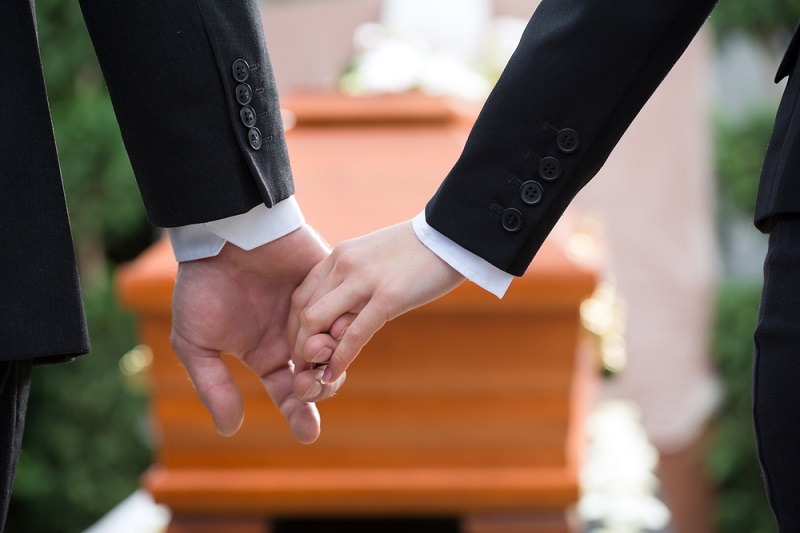Funeral directors have an important part to play in the cremation or funeral arrangement process. They are also referred to as undertakers and morticians. Their main duty is to organize the entire funeral process or last rites of a person and ensure that everything goes about in a smooth way. You can find out more about some of the top duties and responsibilities of these professionals below:
Administration and Management
The standard administrative roles of funeral directors include supervising:
- Receptionists
- Clerks
- Embalmers
- Drivers
They assist in publishing announcements or obituaries in local newspapers, to inform the general public about the demise of the person, prominent accolades, surviving members in the family, short background, and more. They assist relatives and mourners get relevant details about vigils and internment.
 |
| Duties of Funeral Directors |
Embalming and Funeral Arrangements
The funeral directors know how to embalm and make proper funeral arrangements. Their roles involve telling the next of kin of the dead individual about transferring cadavers from accident sites, private homes, hospitals etc. They also offer suggestions about funerals, such as:
- Burial process
- Coffin options
- Viewing
- Flowers
- Preservation of bodies
They ensure that every activity is in accordance with the customs and culture of the race that the bereaved person belonged to.
Assistance With Observance of Customs
Most of these professionals help families in observing important death rituals, which is vital for people who are extremely religious. They help the bereaved families to follow the traditions including burial or cremation practices and beyond. They are aware of the rituals and customs of fraternal groups, religious sects, and tribal groups. They can also recommend family members to organize vigil rituals in:
- Crematories
- Funeral parlours
- Chapels
- Own homes
Funeral directors can also organize additions such as special music or eulogies at the time of cremation or burial service, or when other last rites are being conducted. Competent and experienced directors can make this easily possible for the next of kin.
Certificate Issuance Verification
They are also responsible for verifying and confirming medical certificates. They also secure reports to be released by medical examiners. Funeral companies generally designate an employee to receive a death certificate. This certificate is necessary before the casket is transported to the cremation or burial ground or interment site.
Ensuring Legality
They also ensure that all the legal documentation is completed in a timely and organized way. Directors know about the laws of the coroner’s notification of demise. If there are suspicions involving a death, he might also be needed to cooperate with prosecutors and detectives. At times, this can put him in direct conflict with family members. However, directors need to ensure that they fulfill their legal duties properly with respect to the last rites of a dead person.
 |
| Duties of Funeral Directors |
Handling Varied Roles
Funeral directors ensure that all the duties and responsibilities are carried out to ensure the fullest satisfaction of customers. They arrange for a body to be transported properly. They coordinate plans with family members of the deceased person, cemetery staff, pastors, embalmers, crematories, and more. They help prepare a body and conduct funeral ceremonies in a proper way. They deal with obituaries and documentation and are experts in verifying, filing, and accomplishing legal papers. These professionals make sure that the documents are promptly arranged and completed. They have a lot of knowledge about the funeral industry, especially about the laws regarding the last rites and other things. They keep abreast of the latest activities in the domain and apply any new changes to their role and duties for better performance.